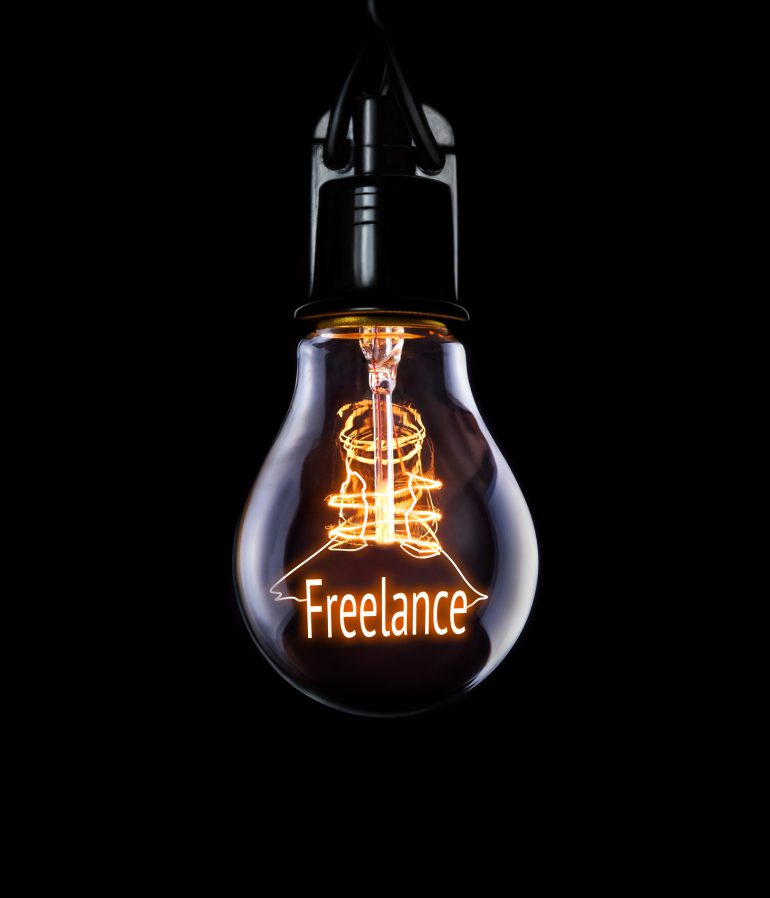From 1 January 2025, the Tax and Customs Administration will start to enforce the DBA, a law that aims to combat situations of bogus self-employment. This means that companies that hire people as self-employed persons (zzp’ers) for work that they in fact do not perform independently can receive a fine and be forced to pay the correct social securtiy contributions.
Benefits for employees and employers
Although the DBA became law was already introduced in 2016, it was been enforced until now, because it turned out to be very difficult to establish when self-employment is ‘bogus’. Now, the government has drawn up a list of ten criteria that determine whether a self-employment contract is appropriate and when someone should be hired directly by their employer. Eventually, the aim is to create more certainty for employees and ensure that workers do not miss out on benefits that they should have as normal employees. Being self-employed has many advantages: you are free to choose who you work for, set your own fee, and get some tax benefits. However, you are not part of a pension scheme, and you have to pay for your own social security arrangement. If you get sick, you’re not entitled to the same benefits that normal employees receive. For employers its attractive to work with self-employed people, as it’s easier to cancel their contract if there is not enough work, and the employer does not have pay social security and pension contributions.
However, in recent years some employers abused the privilege of working with self-employed people. For example, in the care sector, self-employed workers were forced to accept fees as low as €16 an hour, far too little to live off and pay for social security and a pension. Several lawsuits have taken place about what constitutes self-employment. In 2023, the High Council of State confirmed that Deliveroo drivers should not be self-employed, as they do not earn enough and do not have enough autonomy in their work. This has led the government to finally enforce the law that combats bogus self-employment.
The government also believes it is important that, in addition to enforcement of the law, the various forms of employment contracts are made more equal. This means that a mandatory disability insurance for self-employed persons will be introduced, and the tax deduction for self-employed people will be lowered.
More clarity and assistance
In order to prepare the labour market for the enforcement, the Tax Office will provide self-employed people and their customers with information and practical assistance in the run-up to 1 January 2025. For example, the Tax Office is actively seeking cooperation with the market prevent upset, through information sessions, webinars, company discussions, and consultations with industry organisations, labour unions and tax service providers. A transitional period of 1 year applies in which employers and employees will not yet receive a fine if they can prove that they are taking steps to prevent bogus self-employment.
The ten criteria that have been introduced include whether the worker does a job that is also done by normal employees of the same company, whether the worker can determine their own hours and set their own fee, how many hours the worker spends working for the company, who pays for the tools that worker uses for the job, whether the worker sends invoices or gets paid at a set day, and whether the worker or the employer is legally responsible if the work is not done correctly.
Consequences for the employer and employee
If a company hires a self-employed person but the Tax Office later deems that the worker should have had a normal contract, the employer must retroactively pay social security contributions, as well as a fine. The worker may have to pay back tax benefits that they have received. To make sure that you have the right contract, the Tax Office has a handy checklist. Also check out the information at Ondernemersplein and the KvK (Chamber of Commerce). In any case, it’s time to prepare for a major upheaval in the labour market.
Written by Saskia Roselaar
